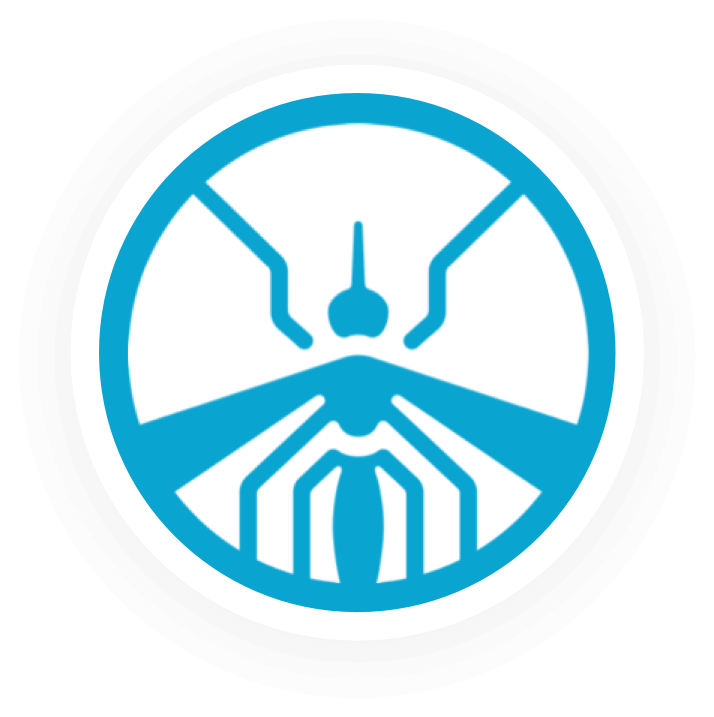The World Mosquito Program is working in Lautoka to protect communities from mosquito-borne diseases like dengue, Zika, chikungunya and yellow fever.
With government approval and community support, we began releasing Wolbachia-carrying mosquitoes in Lautoka in 2019, as part of our Western Division expansion. The aim is to establish Wolbachia in the local mosquito population to significantly reduce the risk of diseases such as dengue and chikungunya.


We are now rigorously evaluating both the levels of Wolbachia in the mosquito population and the impact of Wolbachia on the transmission of dengue and other mosquito-borne diseases.
From mid-2020, 12 months after the completion of releases, we’ll be able to use disease surveillance data to assess the impact of our program on the health of the community.
Following the signing of the project agreement in 2017 between Monash University and the Fiji Ministry of Health and Medical Services, the project has engaged with the community to explain how the Wolbachia method works to prevent mosquito-borne diseases.

Community engagement is an important part of the project. We needed to connect with people from a wide variety of ages, ethnic backgrounds, experiences and access to information. So, during early 2019, we worked to positively influence different levels of the community through different media.
In Lautoka, public acceptance of the project (prior to the release of mosquitoes) was rated 96%.
We released Wolbachia-carrying mosquitoes across the project areas in mid-2019 and we are now collecting data on the incidence of dengue and chikungunya in the proposed release areas.
The community has been enthusiastically supporting the project in Lautoka, with hundreds of volunteers helping to release mosquitoes, host bug traps and promote the project.




